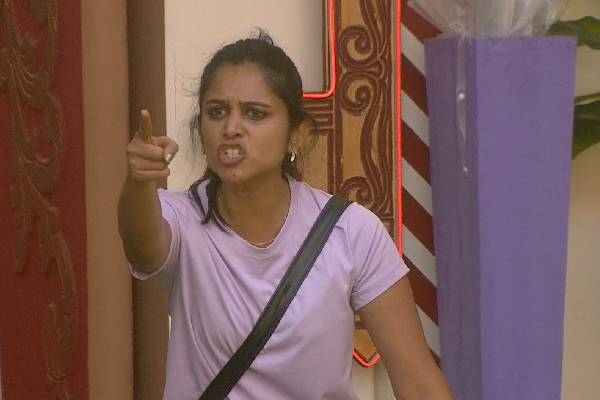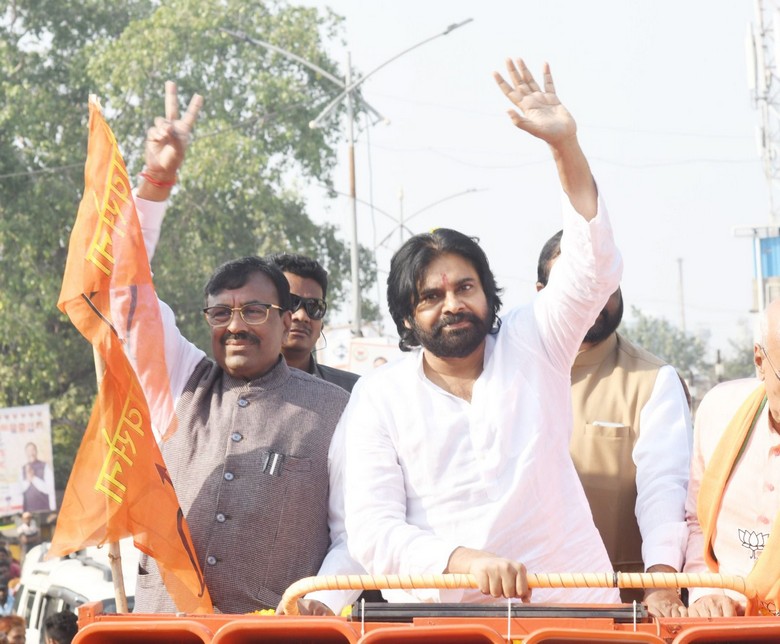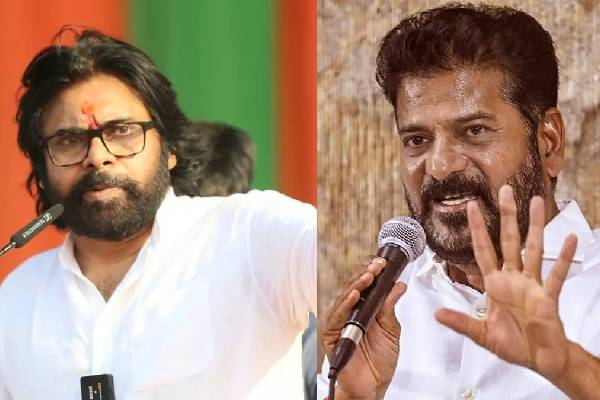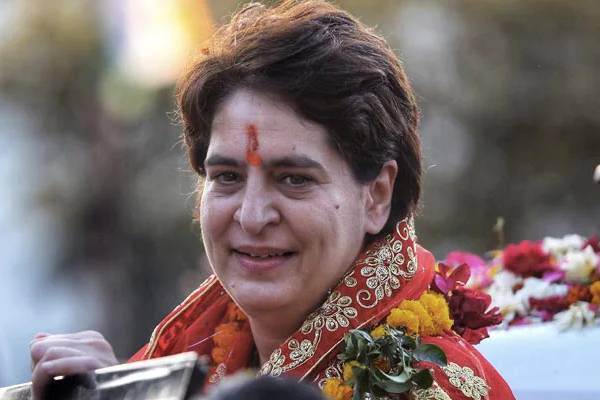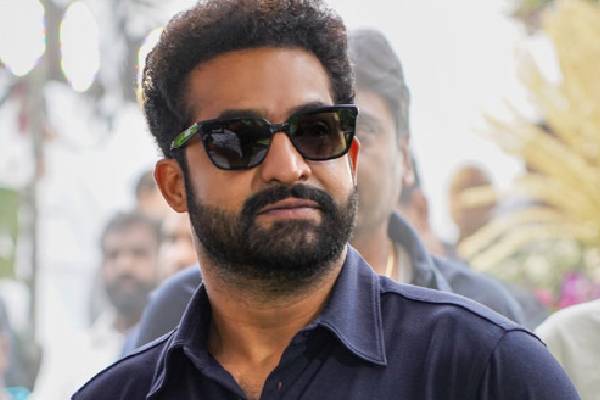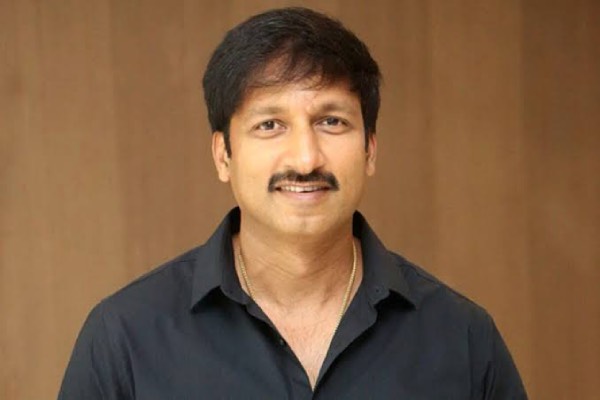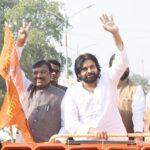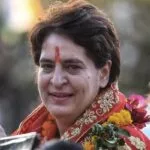The Supreme court on Monday ruled that seeking votes on the basis of caste, community, religion or language is unlawful. A constitution bench headed by chief justice TS Thakur by a 4:3 majority passed the order on the basis of Section 123(3) of the Representation of People’s Act.
In lieu of the elections in communally-sensitive Uttar Pradesh, this verdict has gained significance. Prime Minister Narendra Modi’s ruling BJP has for ages battled elections on a Hindu nationalist agenda. This judgement will have substantial impact on BJP than its peers. Areas where the force of religion is weak, caste based politics fortify. The BJP can be seen as working on a solution that would break caste divide by bringing the less dominant caste in each state which was a failure in Bihar. Caste outweighs politics in Bihar.
Apart from Hyderabad, the rest of South Indian politics have caste demographics as driving force. The impact of religion in politics can be witnessed only in Hyderabad. This could be attributed to no noteworthy Islamic invasion, resulting in absence of a common uniting factor of religion.
The caste groups have their own allegiances for different political parties and their ideologies. The misfortune of Andhra politics is that it has become a casting couch for the caste groups. In Andhra Pradesh caste politics is echoed by the Kammas, the Reddys and the Kapus. Both TDP and YSRCP now hunting for potential Kapu leaders to enhance the vote bank politics, especially with TDP taking a back foot on the reservation for Kapus.
The religion factor is flat over the caste factor which plays a key role for political parties in selecting their candidates. The political victory is seen as the victory of the castes. This Supreme Court Judgement can be seen as a measure to curb vote bank politics.





















